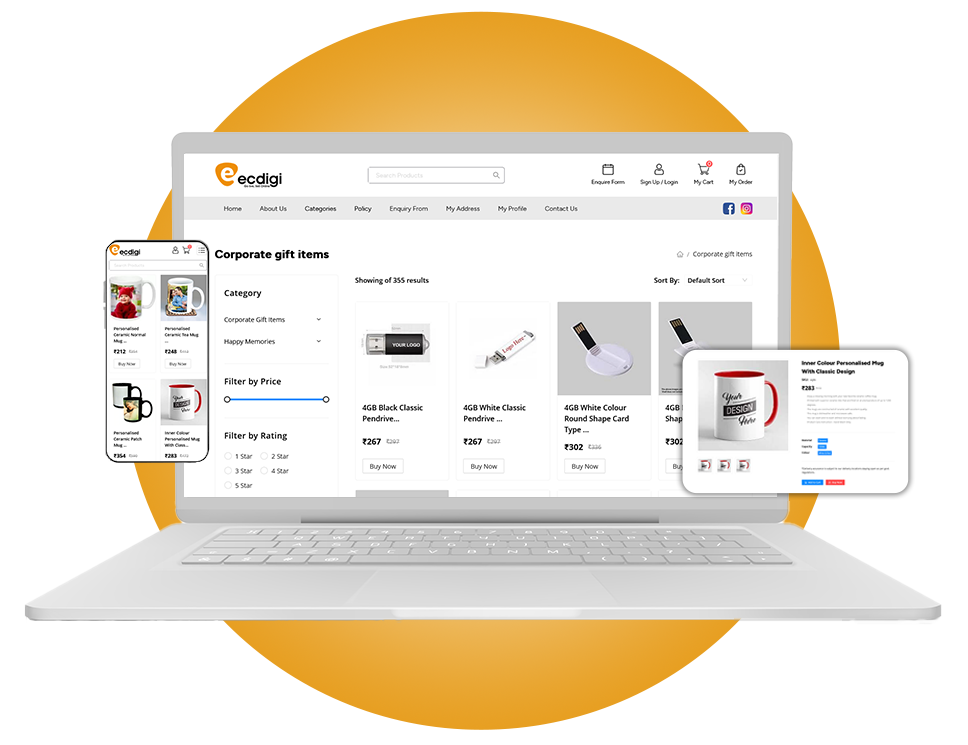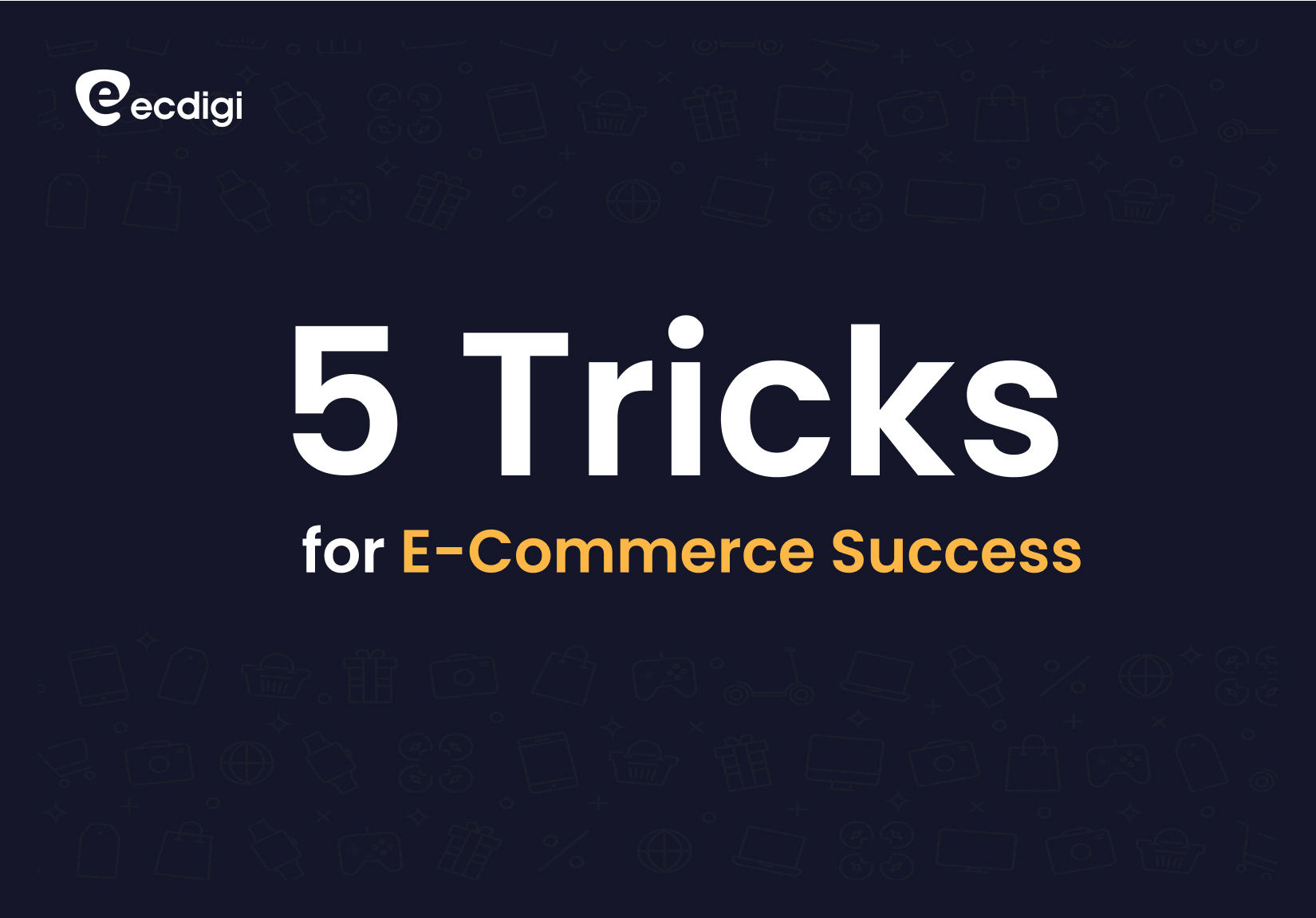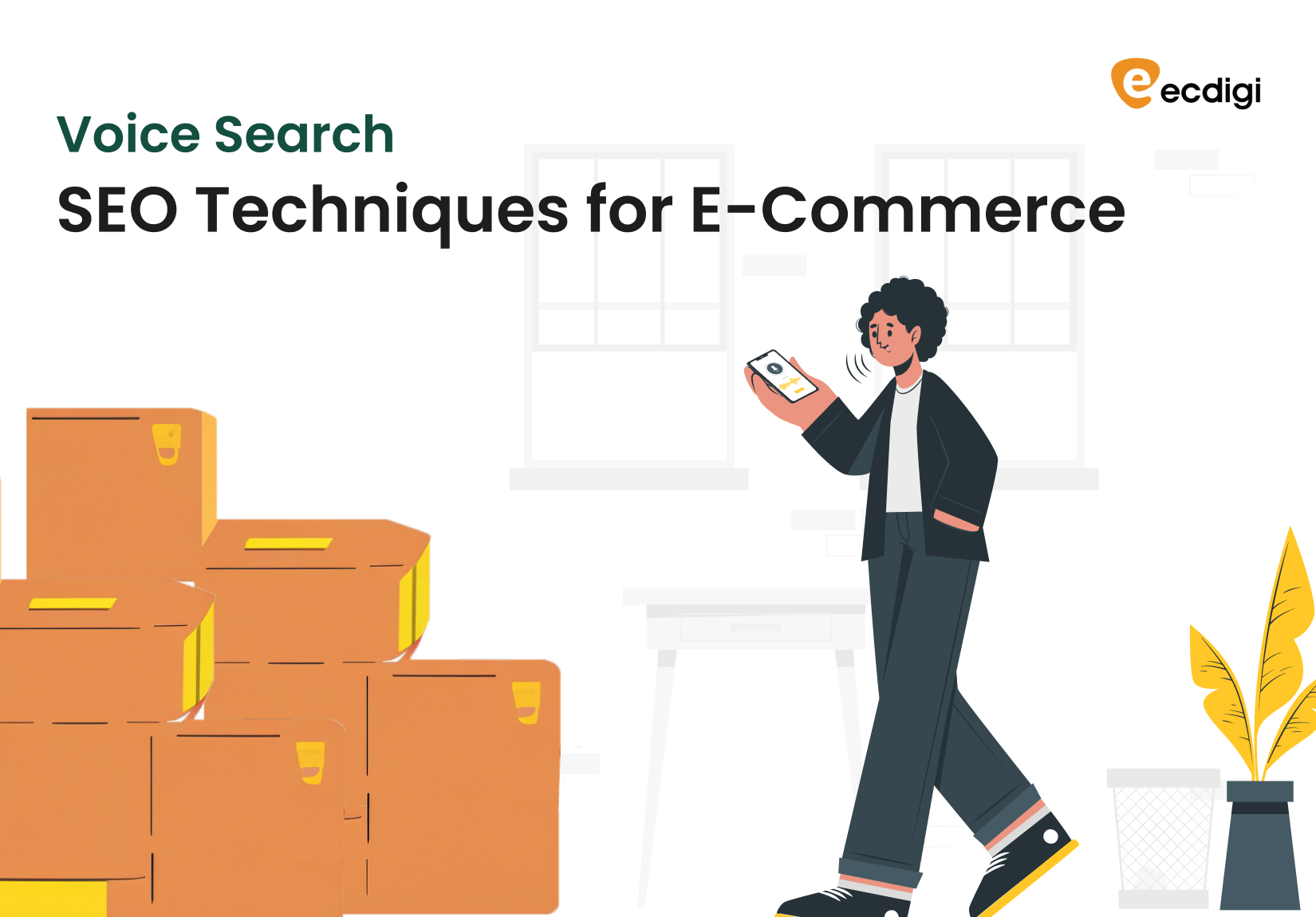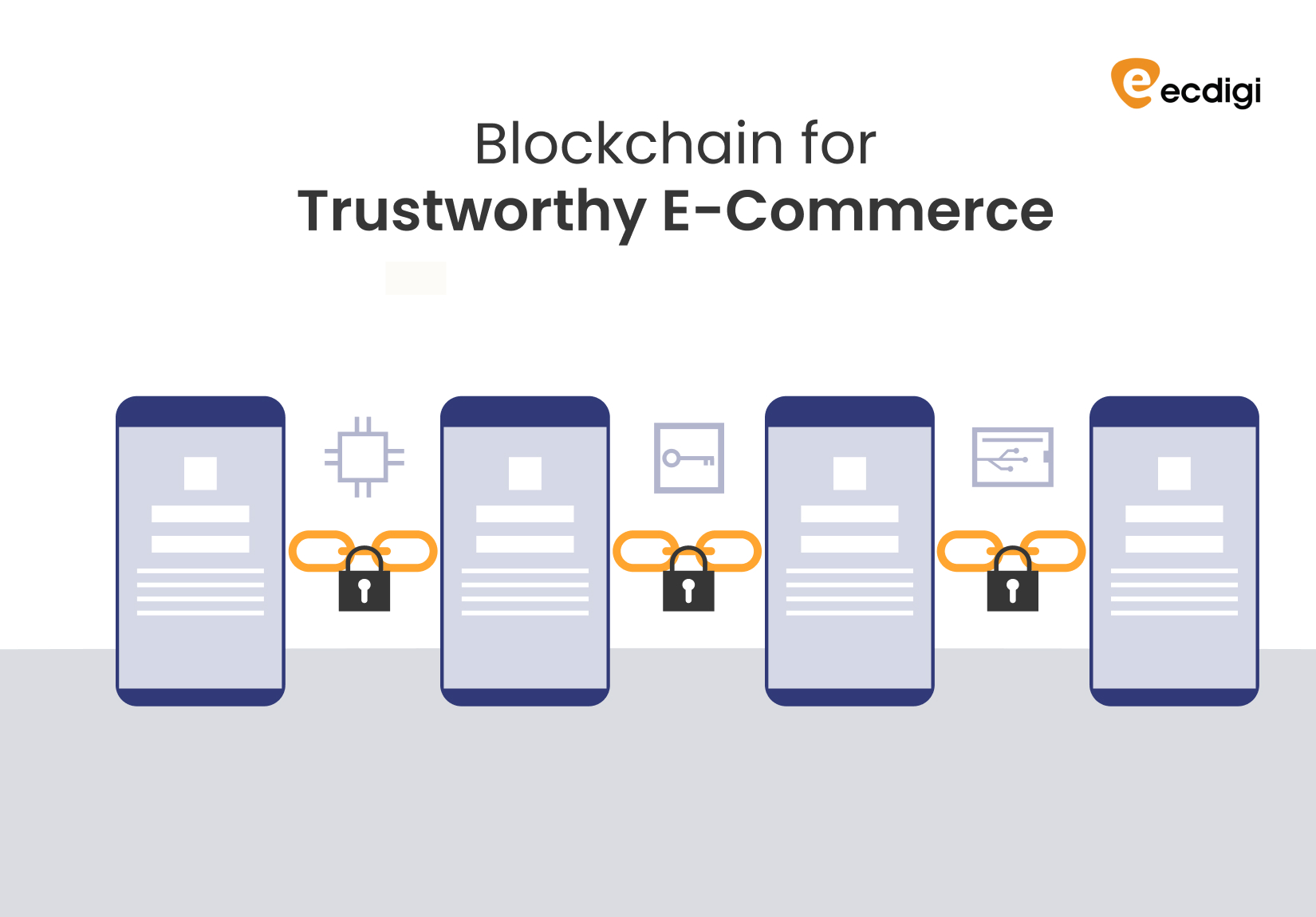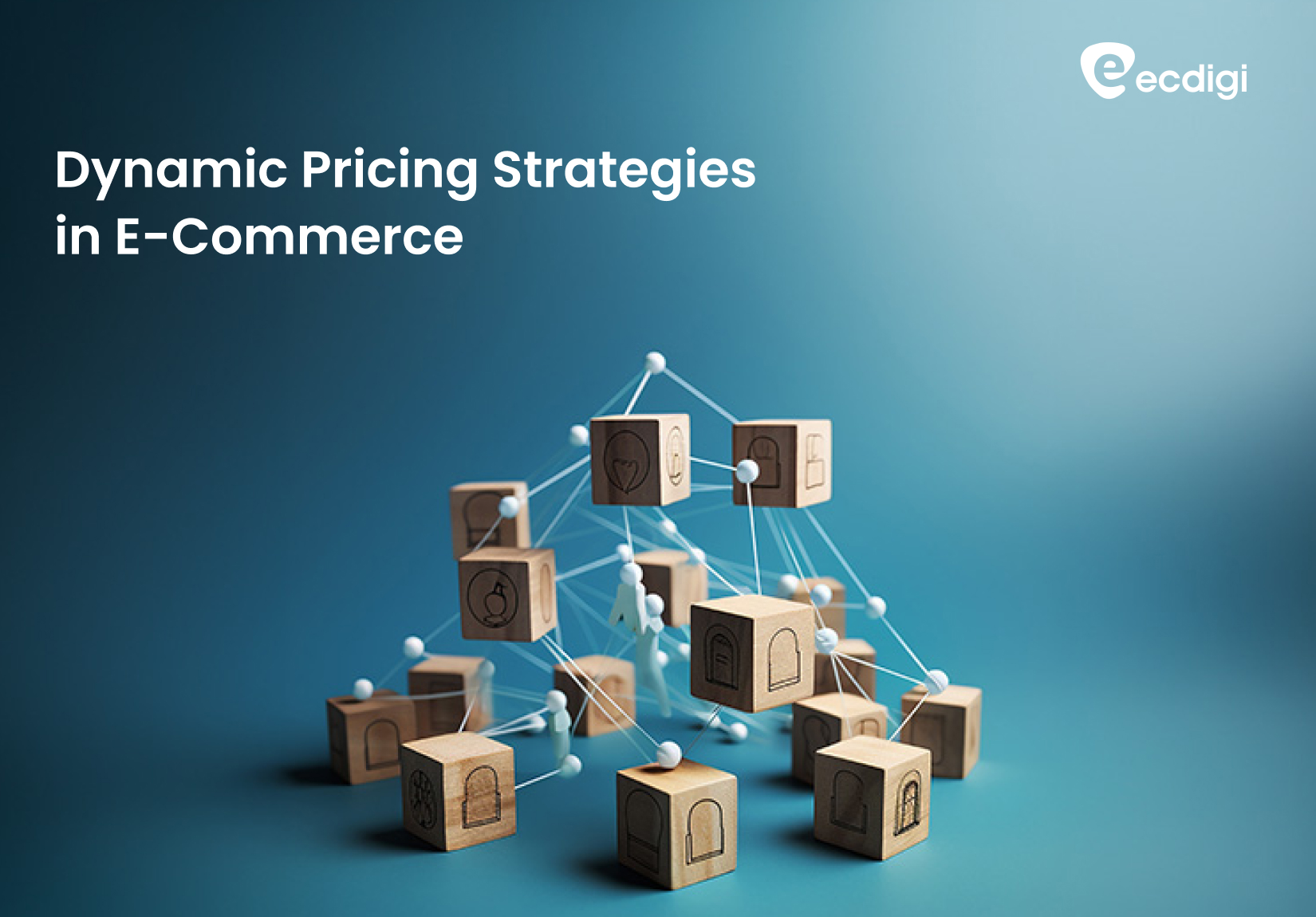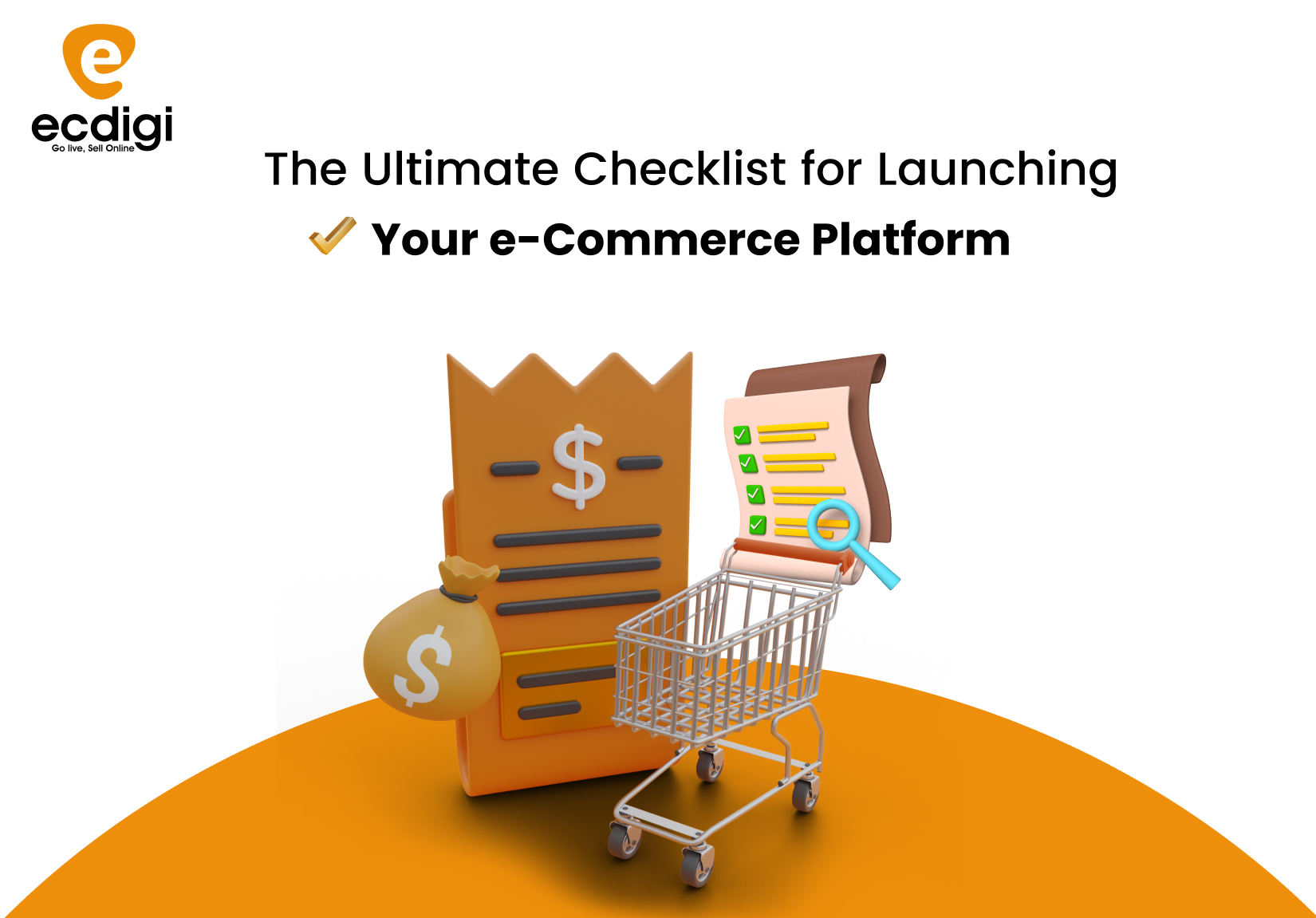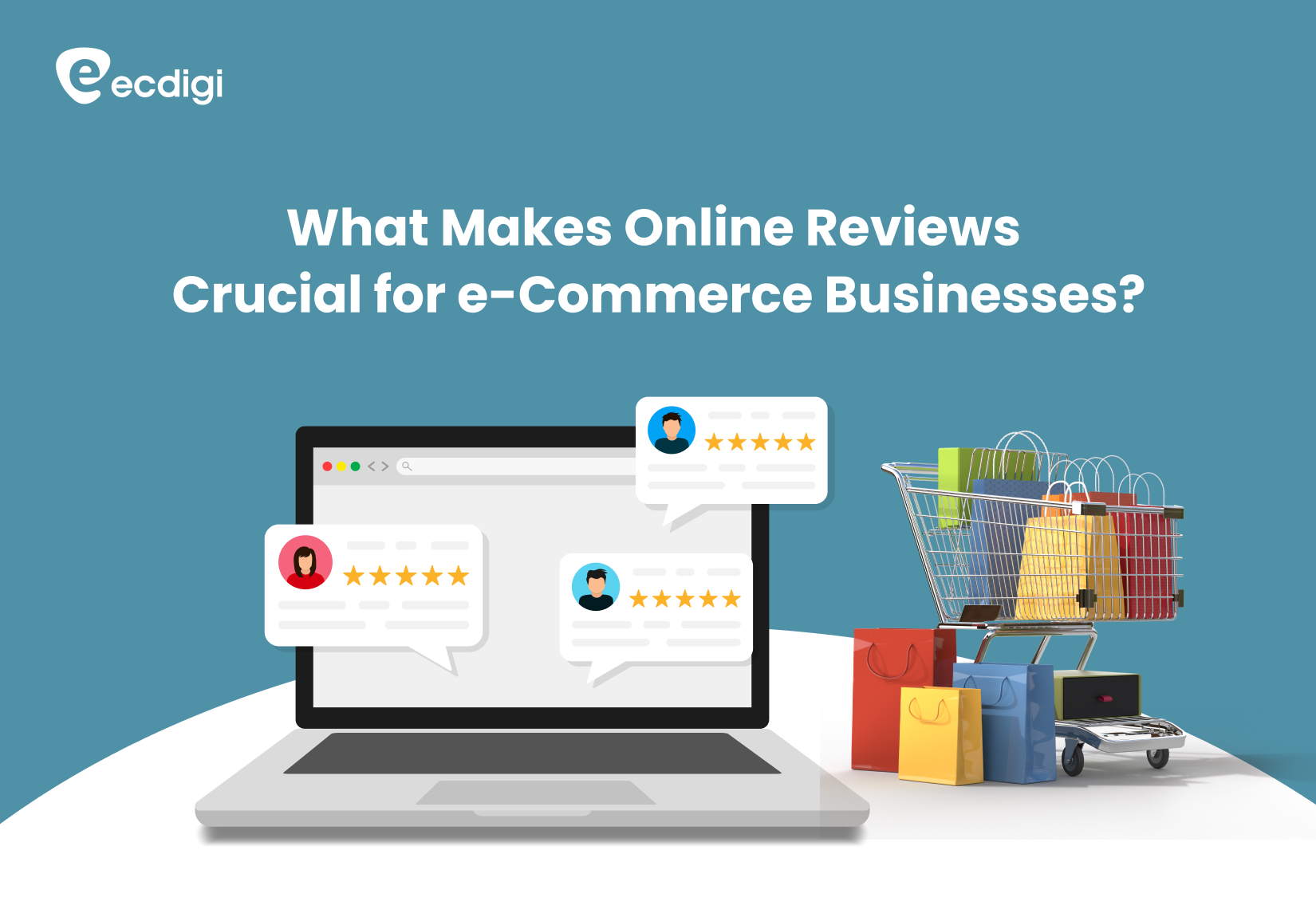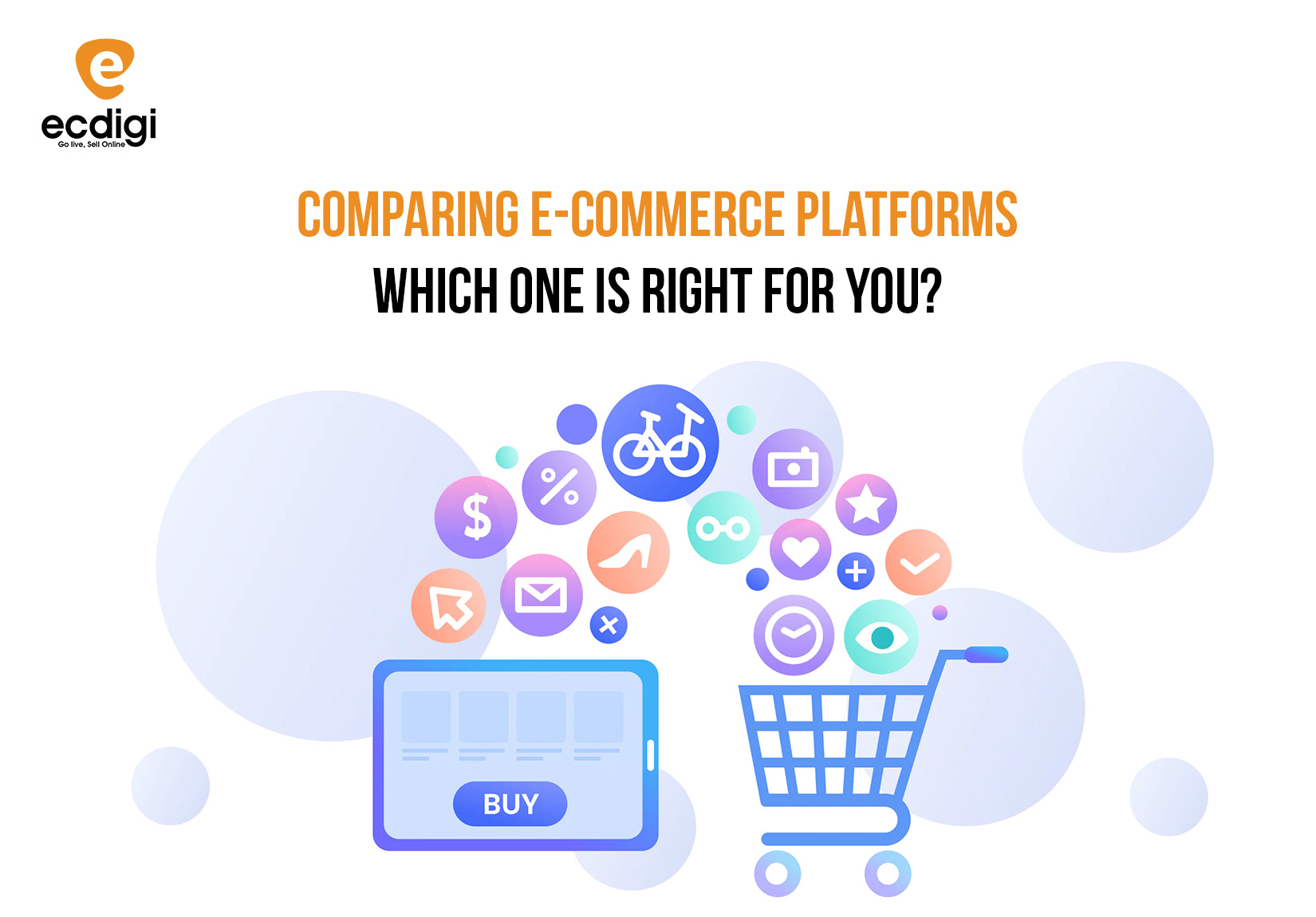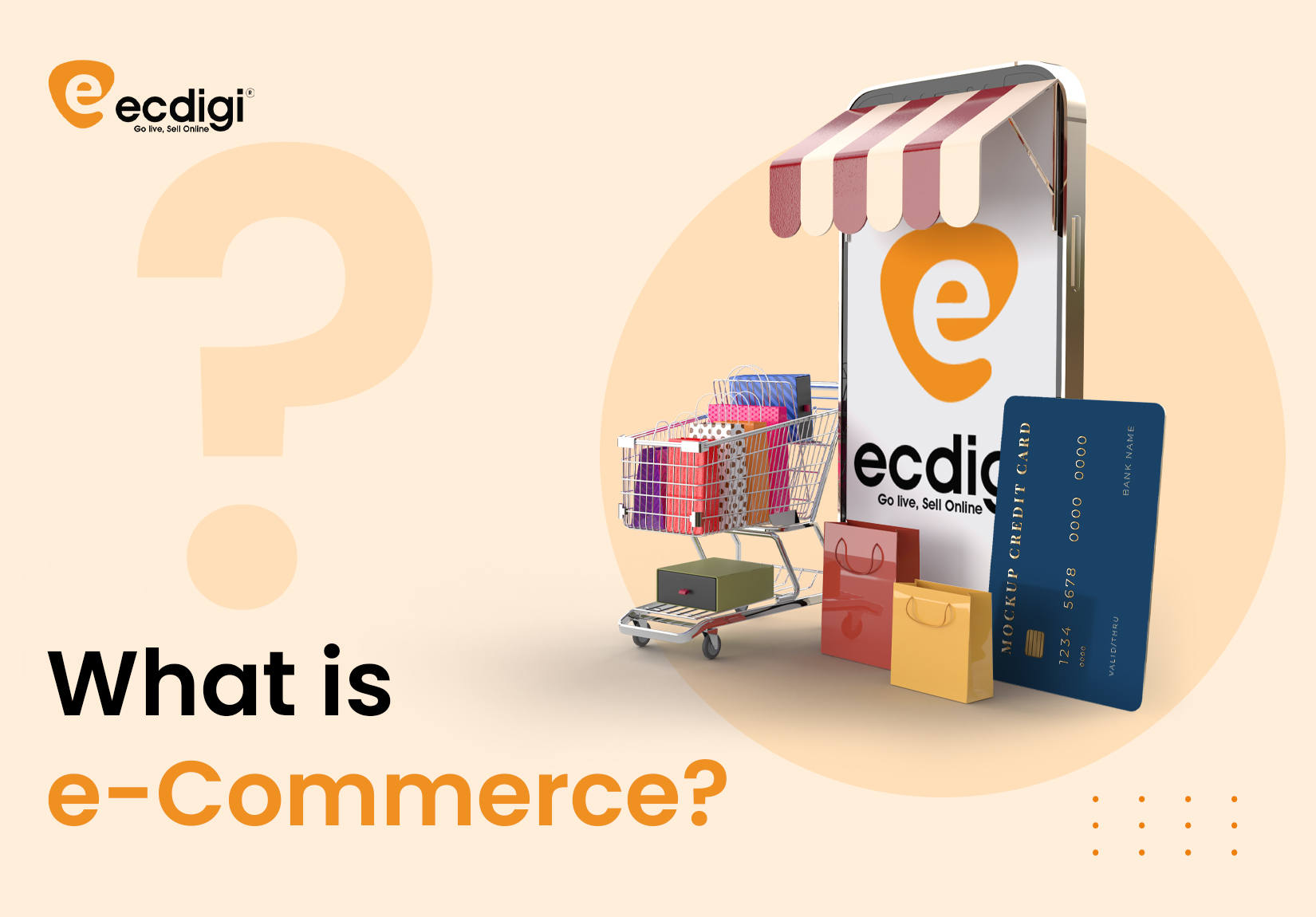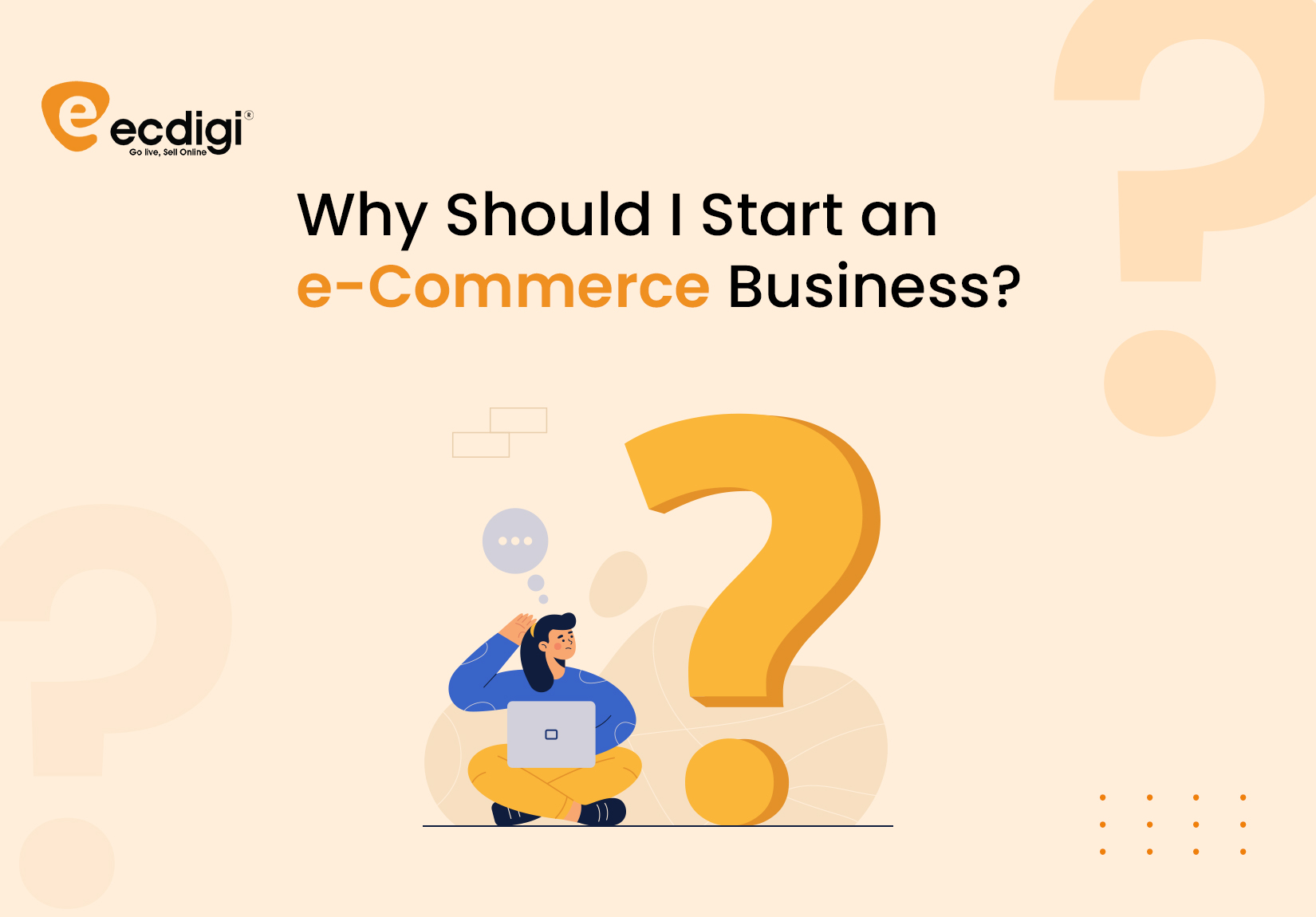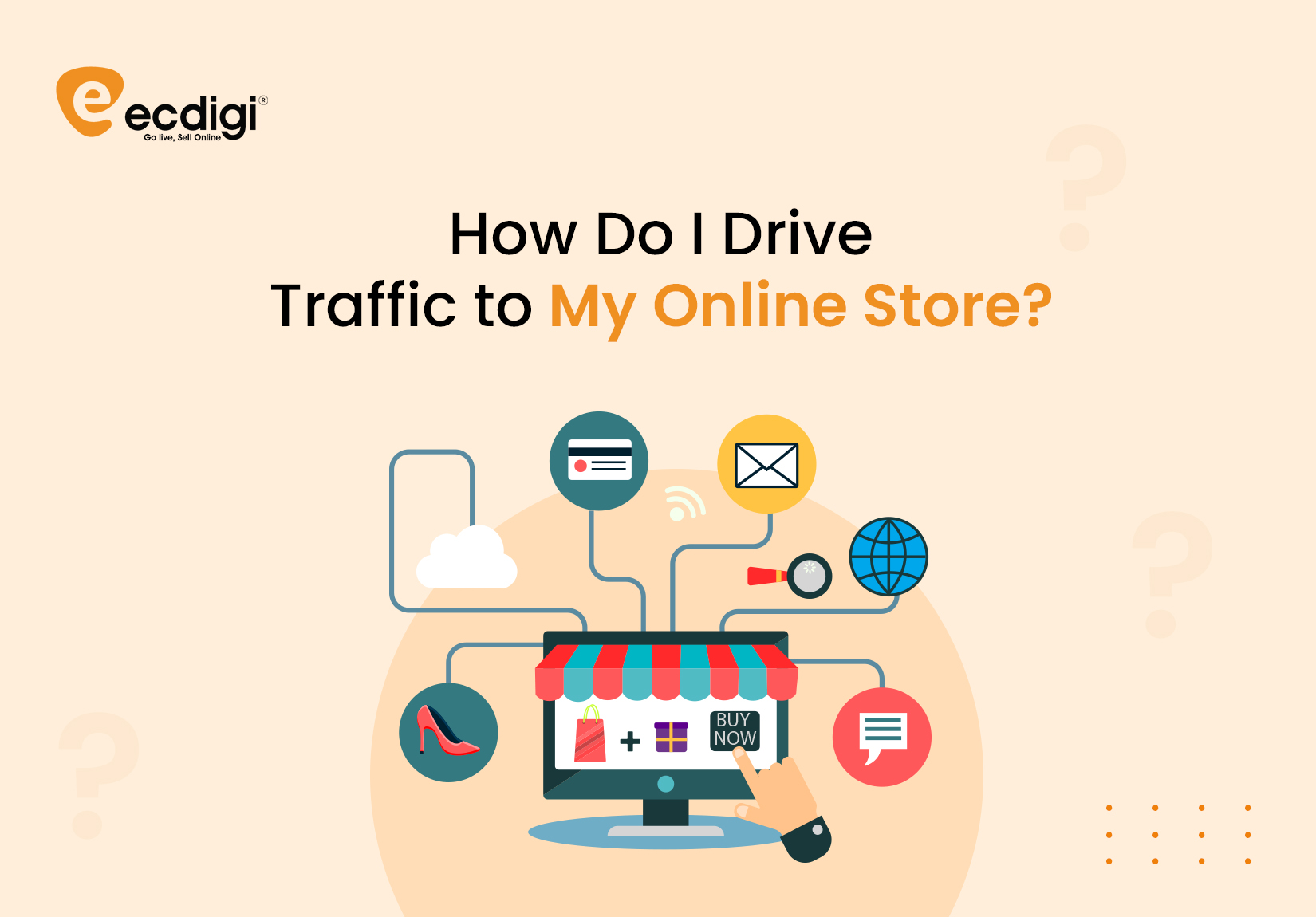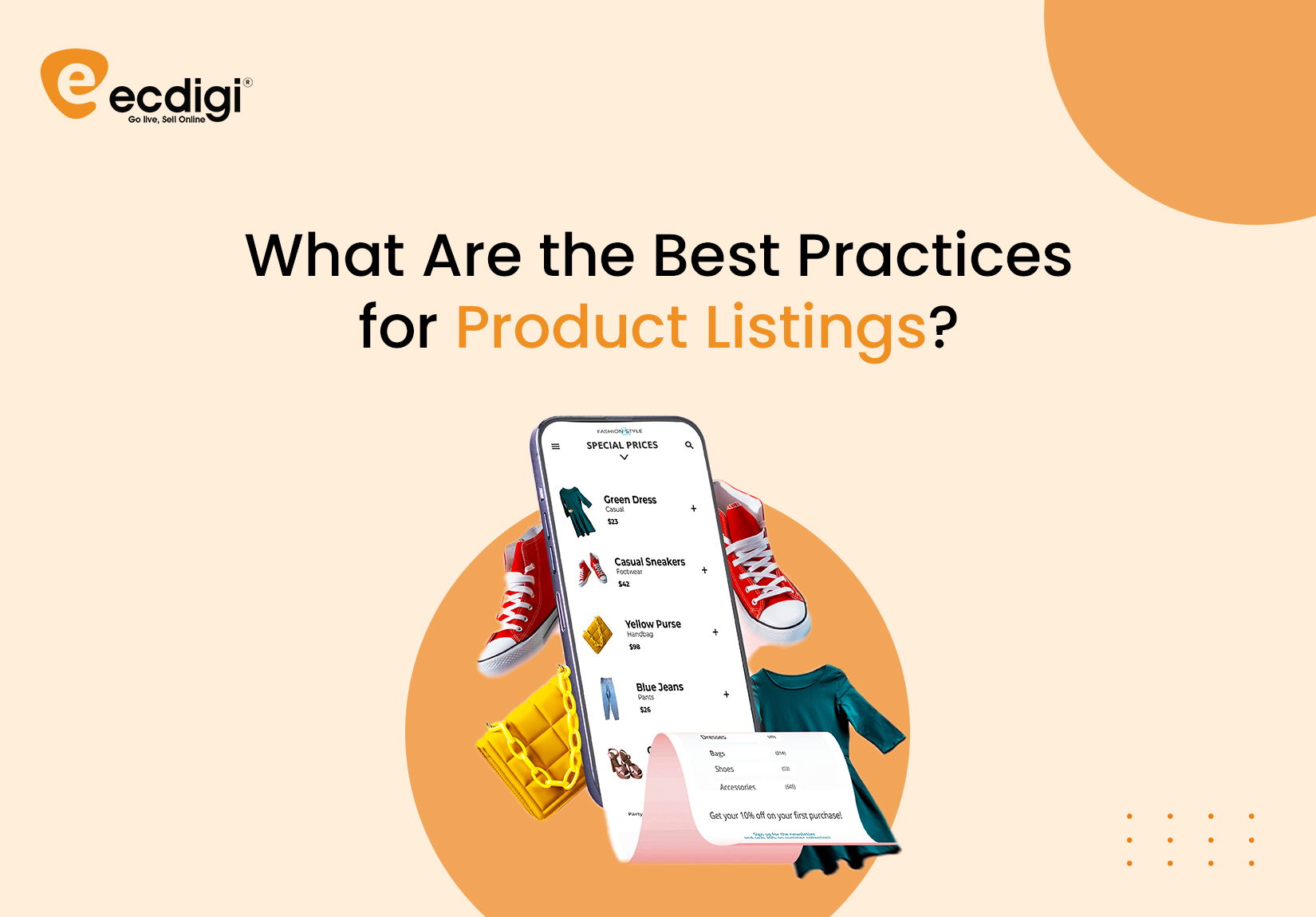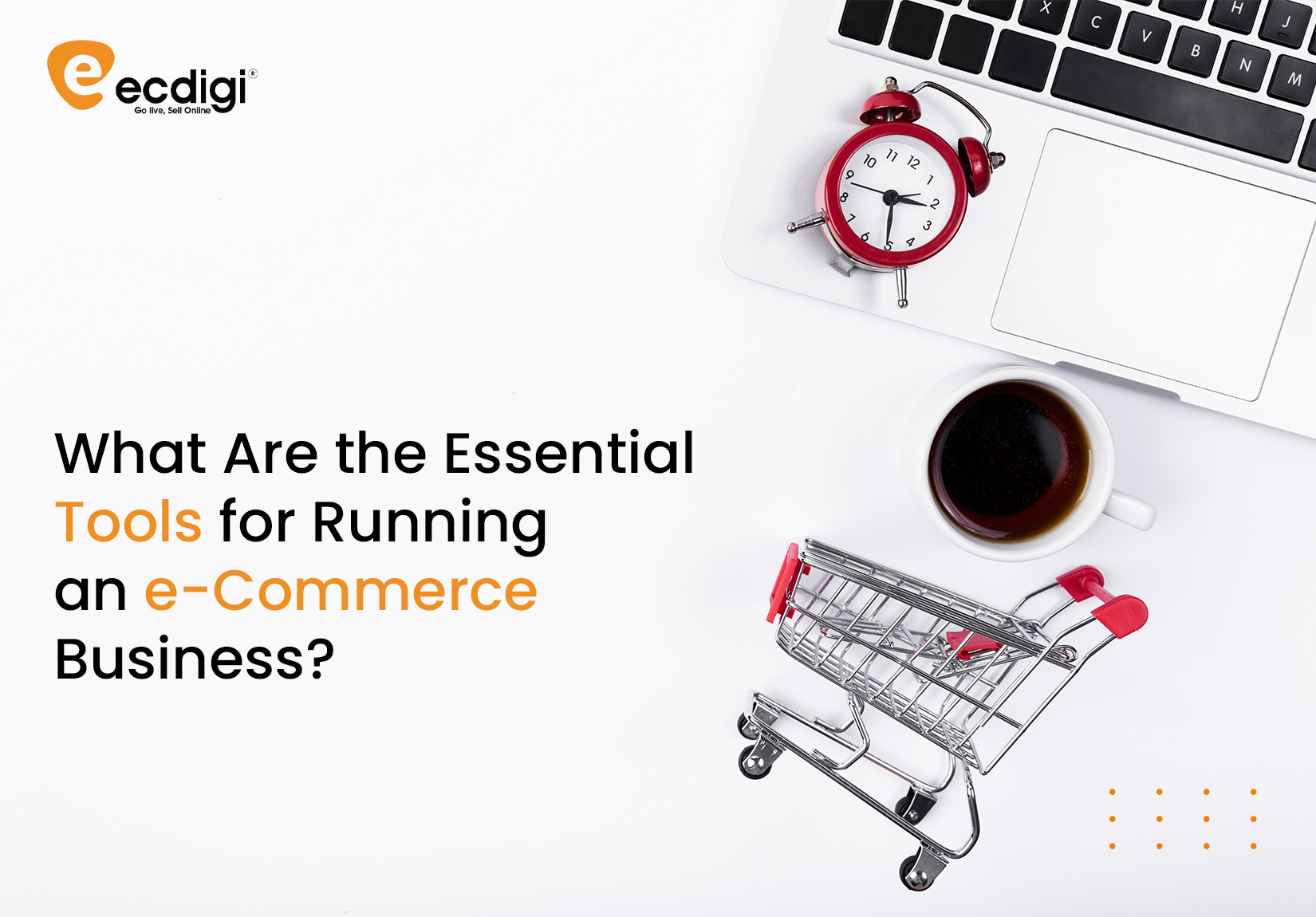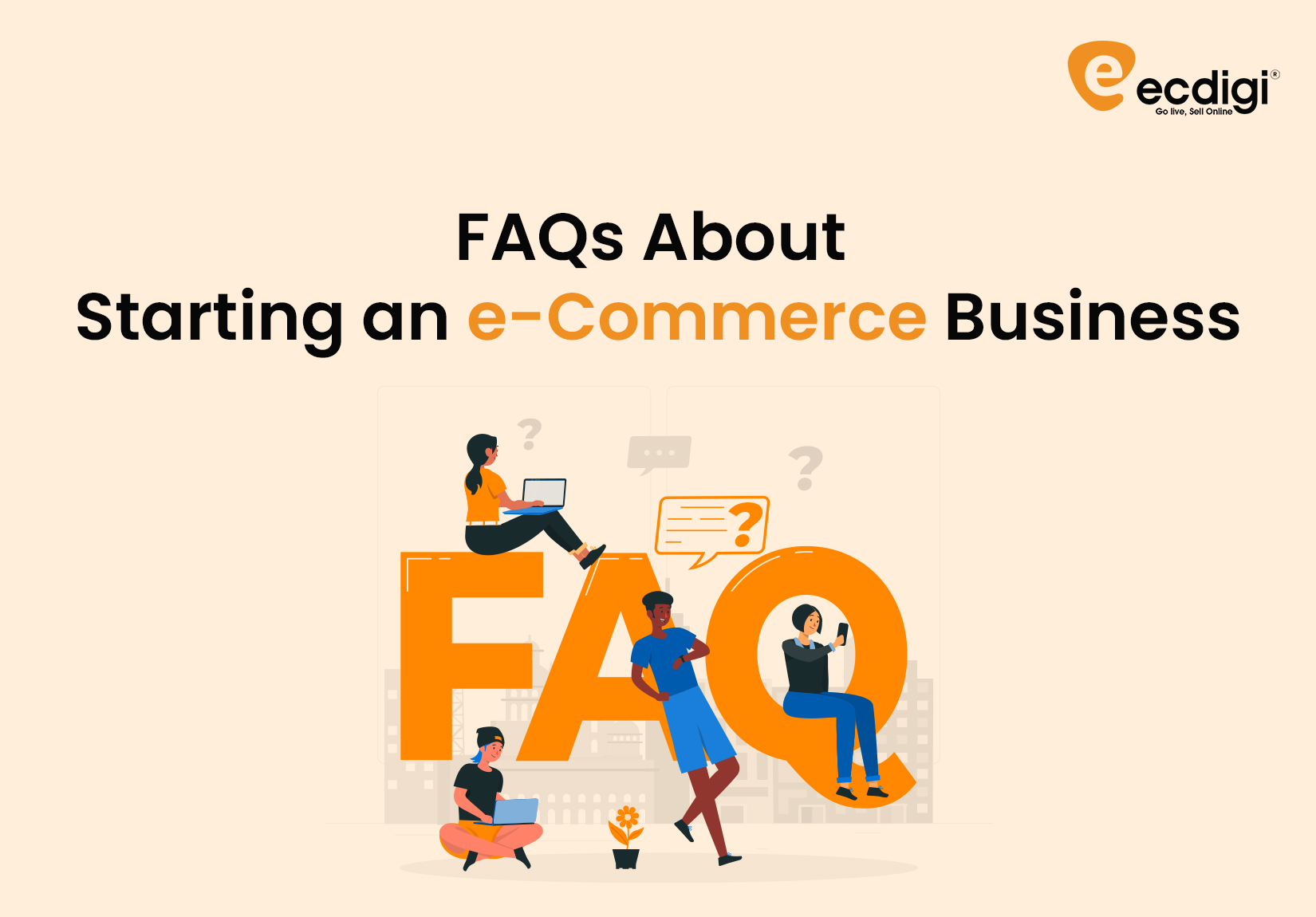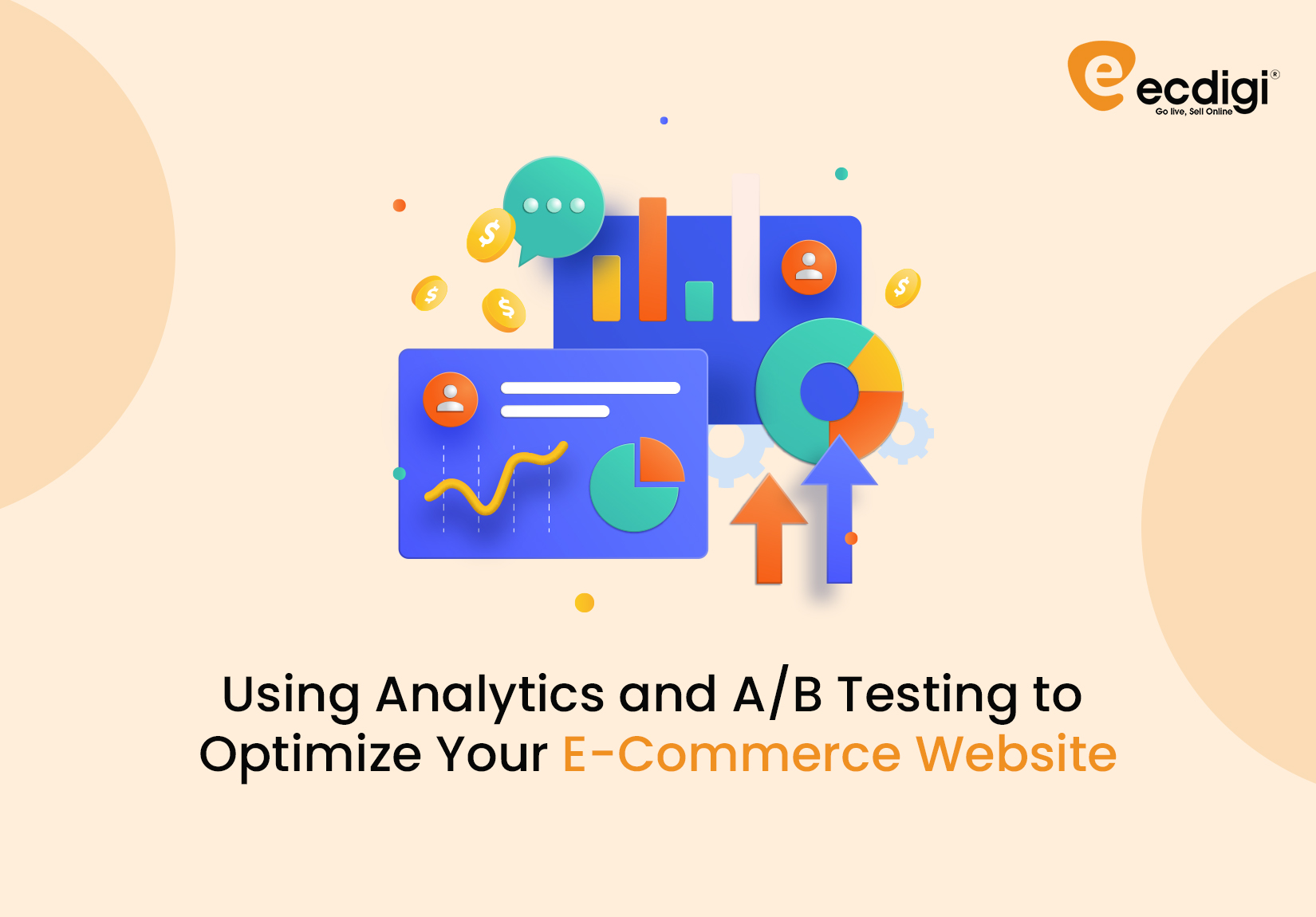e-Commerce 101: A Beginner's Guide to Selling Online
e-Commerce 101 | 12 Aug, 2024
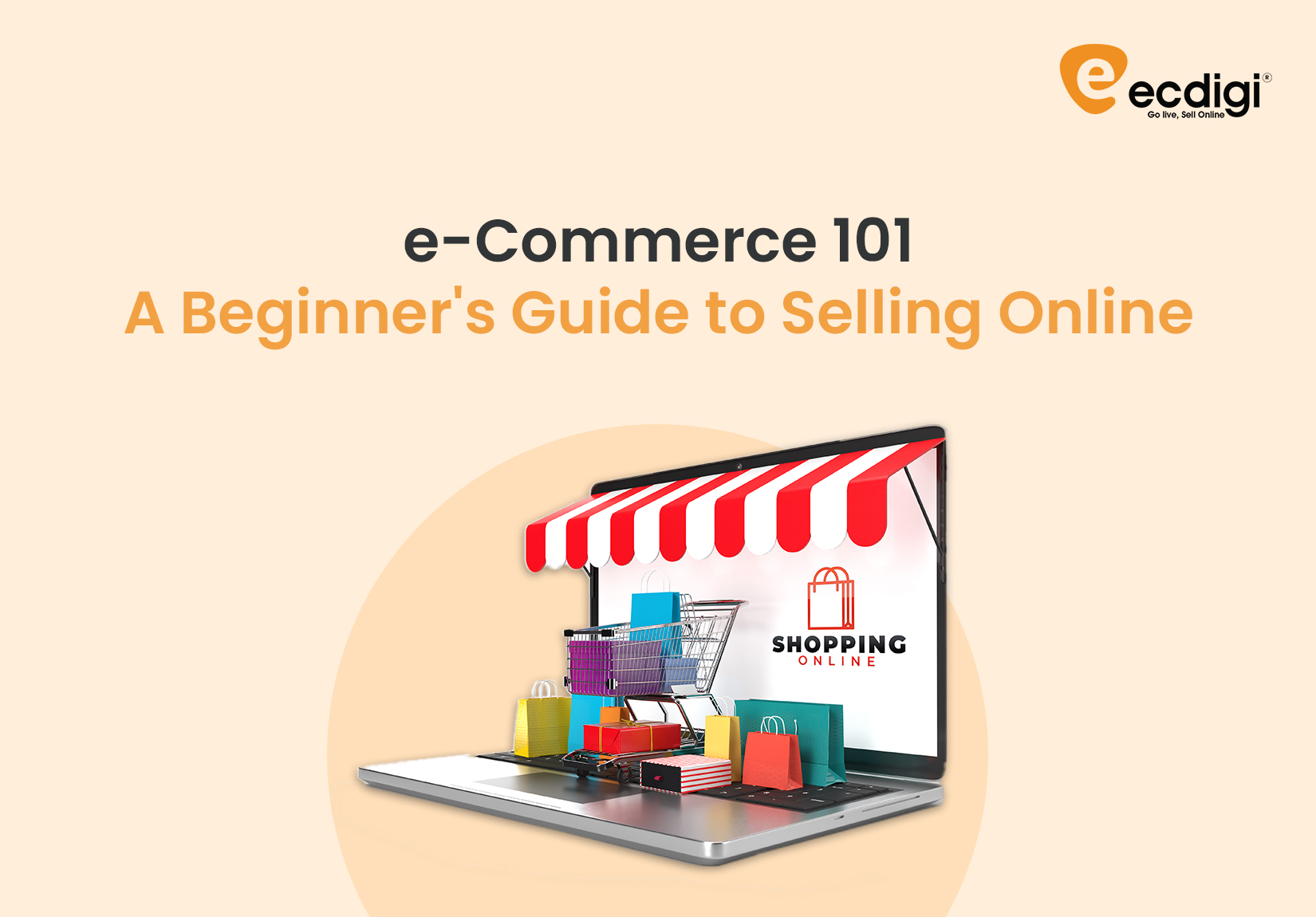
In today’s digital age, the allure of e-Commerce is undeniable. With the world’s consumers just a click away, selling online presents a fantastic opportunity for entrepreneurs and businesses of all sizes. Whether you're a brick-and-mortar store looking to expand your reach or an aspiring entrepreneur ready to start a new venture, understanding the basics of e-Commerce is essential. This guide aims to provide you with foundational knowledge and practical tips to get started in the world of online selling.
What is e-Commerce?
e-Commerce, or electronic commerce, refers to the buying and selling of goods and services over the internet. This includes a variety of transactions such as retail sales, wholesale transactions, crowdfunding, subscriptions, and more. The key advantage of e-Commerce is its ability to reach a global audience, offering convenience and accessibility to both sellers and customers.
Why Sell Online?
1. Wider Audience Reach
Unlike a physical store limited by its geographic location, an online store can reach customers around the world. This dramatically expands your potential customer base and can lead to higher sales and profits.
2. Lower Operational Costs
Running an online store typically costs less than maintaining a physical storefront. Expenses like rent, utilities, and in-store staff can be significantly reduced or eliminated.
3. 24/7 Availability
An online store never closes. This means customers can shop at any time, which can lead to more sales opportunities and improved customer satisfaction.
4. Data and Analytics
Online platforms offer valuable insights into customer behavior, preferences, and trends. This data can be used to optimize your sales strategy, improve your marketing efforts, and enhance the overall customer experience.
Getting Started with e-Commerce
1. Choose Your Niche
Selecting the right niche is crucial for the success of your online store. Consider your interests, expertise, and market demand. Research competitors and identify gaps in the market that you can fill. A well-chosen niche can help you stand out and attract a loyal customer base.
2. Select an e-Commerce Platform
Your choice of e-Commerce platform will serve as the foundation of your online store. Popular options include:
-
 ecDigi: ecDigi is a ready-made e-Commerce platform designed to simplify the process, helping you set up and run your store quickly without any coding skills needed.
ecDigi: ecDigi is a ready-made e-Commerce platform designed to simplify the process, helping you set up and run your store quickly without any coding skills needed.
-
 Shopify: Known for its ease of use and scalability, Shopify is a great choice for beginners.
Shopify: Known for its ease of use and scalability, Shopify is a great choice for beginners.
-
 WooCommerce: A WordPress plugin that offers flexibility and customization for those familiar with the WordPress environment.
WooCommerce: A WordPress plugin that offers flexibility and customization for those familiar with the WordPress environment.
-
 BigCommerce: Ideal for large or fast-growing businesses, offering robust features and integrations.
BigCommerce: Ideal for large or fast-growing businesses, offering robust features and integrations.
-
 Magento: A powerful, open-source platform suitable for tech-savvy users who need advanced features.
Magento: A powerful, open-source platform suitable for tech-savvy users who need advanced features.
3. Set Up Your Online Store
Once you've chosen a platform, it’s time to set up your store. This involves:
-
 Domain Name: Choose a memorable and relevant domain name that reflects your brand.
Domain Name: Choose a memorable and relevant domain name that reflects your brand.
-
 Design: Select a theme or template that aligns with your brand’s aesthetics. Ensure it is mobile-friendly as many customers shop on their mobile devices.
Design: Select a theme or template that aligns with your brand’s aesthetics. Ensure it is mobile-friendly as many customers shop on their mobile devices.
-
 Product Listings: Create detailed product listings with high-quality images, thorough descriptions, and accurate pricing.
Product Listings: Create detailed product listings with high-quality images, thorough descriptions, and accurate pricing.
4. Payment Gateway and Shipping Options
Integrating a reliable payment gateway is essential for processing transactions securely. Popular options include PayPal, Stripe, and Square. Additionally, establish clear shipping options and policies. Consider offering multiple shipping methods to cater to different customer needs and preferences.
5. Legal Considerations
Ensure your online business complies with all relevant laws and regulations. This includes:
-
 Business Licenses: Depending on your location and business type, you may need specific licenses or permits.
Business Licenses: Depending on your location and business type, you may need specific licenses or permits.
-
 Taxes: Understand the tax implications of selling online, including sales tax and VAT.
Taxes: Understand the tax implications of selling online, including sales tax and VAT.
-
 Privacy Policy: Protect your customers’ data and inform them how their information will be used.
Privacy Policy: Protect your customers’ data and inform them how their information will be used.
-
 Return and Refund Policy: Clearly outline your return and refund policies to build trust with your customers.
Return and Refund Policy: Clearly outline your return and refund policies to build trust with your customers.
Marketing Your Online Store
1. SEO (Search Engine Optimization)
Optimizing your online store for search engines can help drive organic traffic. Key SEO practices include:
-
 Keyword Research: Identify relevant keywords that potential customers are searching for.
Keyword Research: Identify relevant keywords that potential customers are searching for.
-
 On-Page SEO: Optimize product titles, descriptions, and meta tags with your target keywords.
On-Page SEO: Optimize product titles, descriptions, and meta tags with your target keywords.
-
 Content Marketing: Create valuable content such as blog posts, guides, and tutorials to attract and engage your audience.
Content Marketing: Create valuable content such as blog posts, guides, and tutorials to attract and engage your audience.
2. Social Media Marketing
Social media platforms are powerful tools for promoting your online store. Develop a presence on platforms where your target audience is most active. Share engaging content, run promotions, and interact with your followers to build a community around your brand.
3. Email Marketing
Email marketing is an effective way to nurture leads and maintain customer relationships. Build an email list and send regular newsletters, promotional offers, and personalized recommendations. Automated email campaigns, such as abandoned cart reminders, can also help boost sales.
4. Paid Advertising
Investing in paid advertising can accelerate your store’s growth. Options include:
-
 Google Ads: Target potential customers based on their search queries
Google Ads: Target potential customers based on their search queries
-
 Social Media Ads: Run targeted ads on platforms like Facebook, Instagram, and Pinterest.
Social Media Ads: Run targeted ads on platforms like Facebook, Instagram, and Pinterest.
-
 Influencer Marketing: Partner with influencers in your niche to reach a larger audience.
Influencer Marketing: Partner with influencers in your niche to reach a larger audience.
Managing Your Online Store
1. Inventory Management
Efficient inventory management is vital to ensure you have the right products in stock and to avoid overselling. Use inventory management software to track stock levels, manage orders, and forecast demand.
2. Customer Service
Providing excellent customer service can set your store apart from competitors. Offer multiple channels for customer support, such as email, live chat, and phone. Respond promptly to inquiries and resolve issues efficiently.
3. Analyze and Optimize
Regularly analyze your store’s performance using tools like Google Analytics. Monitor key metrics such as traffic, conversion rates, and customer behavior. Use this data to identify areas for improvement and optimize your sales and marketing strategies.
Overcoming Common Challenges
1. Building Trust
Building trust with your customers is essential for long-term success. Ensure your website is secure with HTTPS, display trust badges, and collect customer reviews and testimonials. Providing transparent policies and excellent customer service also helps build credibility.
2. Driving Traffic
Attracting visitors to your online store can be challenging, especially in the beginning. Consistent marketing efforts, SEO, and leveraging social media can gradually increase your traffic. Consider running promotions and offering incentives to encourage first-time visitors to make a purchase.
3. Competing with Big Players
Competing with established e-Commerce giants can be daunting. Focus on your unique selling points and provide a personalized shopping experience. Small businesses often have the advantage of being able to offer more customized and attentive customer service.
Scaling Your e-Commerce Business
As your online store grows, you may need to consider scaling your operations. This can involve expanding your product range, exploring new markets, or investing in advanced tools and technologies. Continuously monitor your performance, stay updated with e-Commerce trends, and be willing to adapt and innovate.
Conclusion
Starting an e-Commerce business can be a rewarding and profitable venture. With the right knowledge and tools, you can successfully navigate the world of online selling. Remember to choose the right niche, set up a user-friendly store, implement effective marketing strategies, and provide excellent customer service. Stay committed to learning and adapting, and you'll be well on your way to building a thriving e-Commerce business. For an all-in-one e-Commerce solution, consider using ecDigi, a platform designed to make your online selling journey smooth and successful. Happy selling!


